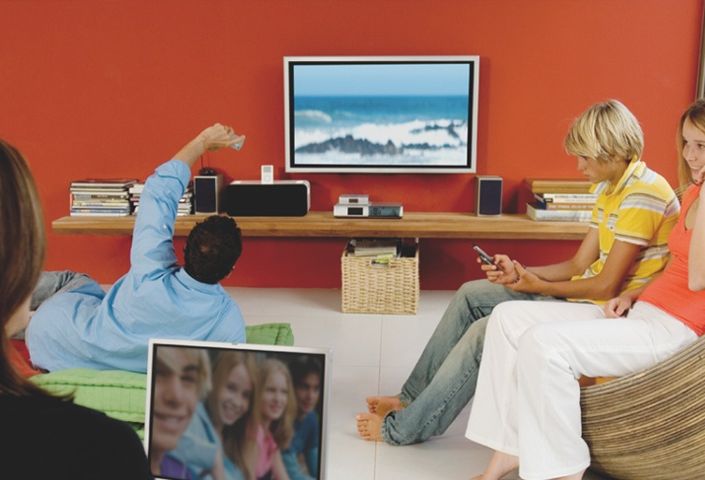Kabel Baden-Württemberg
The combination of EQT’s extensive investment experience in their industry, massive investment in technology upgrades and a customer-oriented organization turned German cable TV operator KBW into the fastest-growing cable company in Europe and the most profitable player in the German market.

The communication industries, in particular cable TV, have been a frequent source for both past and current EQT investments. After investments in Swedish cable TV companies StjärnTVnätet and Comhem, EQT was well positioned to acquire German regional cable TV operator Kabel Baden-Württemberg (KBW) in 2006 in a proactive approach to its previous owners.
KBW’s new Chairman Gunnar Asp, who had already successfully chaired the Board of EQT’s earlier investment in the cable TV space, set the ambitions high for KBW. The general goal was to transform a utility-style business with limited innovation culture into a leading technology- and customer focus-driven company.
When EQT acquired KBW it was already Germany’s third largest cable TV operator, with market leadership in the Baden-Württemberg region and 2.3 million subscribers. Under EQT’s ownership the company quickly started to implement a “triple-play” strategy, driving combined sales of fast broadband, digital cable TV and Internet telephony. This grew revenues by an average 18% per year and EBITDA by 21% per year during the five years EQT owned the company.
During this time, KBW stepped up investments in the network and in marketing. Investing more than EUR 600 million between 2006 and 2009 alone, KBW spent twice as much per household as other German cable TV companies on technical upgrades, whilst at the same time boosting brand perception and, by providing superior products and services, increasing customer satisfaction.
When EQT acquired KBW, broadband and digital TV penetration in Germany was lagging behind other Western European countries and so provided attractive growth opportunities by accelerating the introduction of new technology and business concepts. KBW became the first large-scale operator in Germany to introduce digital cable TV, broadband Internet and telephony services on a single platform. By 2011, KBW was still the only German large-scale cable company to offer 100 MB broadband connections in their entire network.
By quickly and relentlessly investing in the network and developing an efficient “go-to-market machine”, new products and technologies could be rapidly offered to the consumers. This gave KBW a leading position in terms of product innovation and customer service.
The marketing focus was shifted from very low absolute price levels to attractive value-for-money offers and easy-to understand packages, and the sales and distribution organizations were professionalized and strengthened. The average revenue per user rose steeply, thanks to the introduction of digital TV, an enhanced pay TV offering, fast broadband, telephony services, High Definition TV services and the addition of mobile services via partnerships with mobile operators. KBW was also the first German cable company to launch a Video on Demand platform at the end of 2010. This in effect re-engineered the company from a cable company to a complete communications service provider.
To back this change, the management team was strengthened in order to shift the company’s technology-driven culture to one focused on branded consumer services. Another important factor behind the successful implementation of the triple-play strategy was the complementary Board of Directors, headed by Gunnar Asp, which included independent Industrial Advisors from EQT’s network, such as former Deutsche Telekom CEO Kai-Uwe Ricke, Klaus Thiemann, Ex-CEO of E-Plus Mobilfunk, and former SAT1 and EM.TV CEO Werner E. Klatten. Among German cable TV companies owned by private equity funds, most had no members with an industrial background and none as many as KBW.
KBW was sold in 2011 to media group Liberty Global for EUR 3.2 billion and the return generated made KBW one of EQT’s most successful investments.